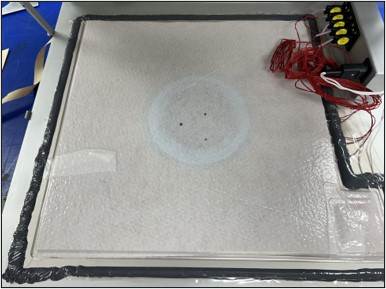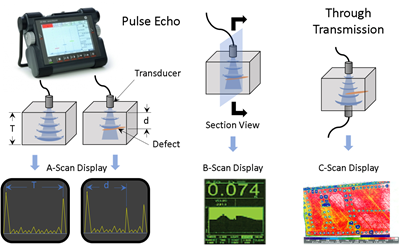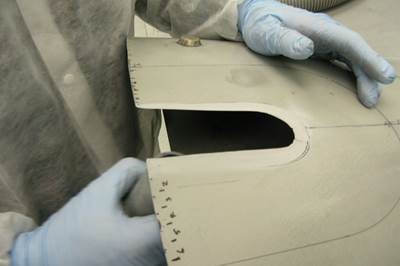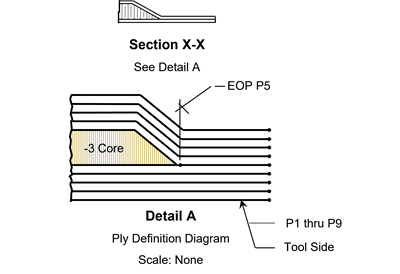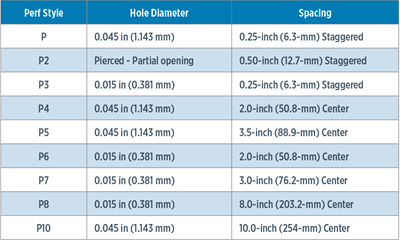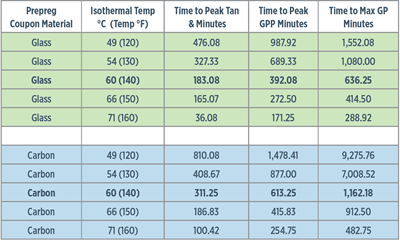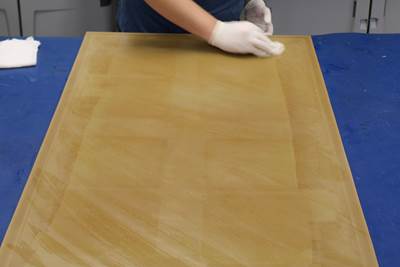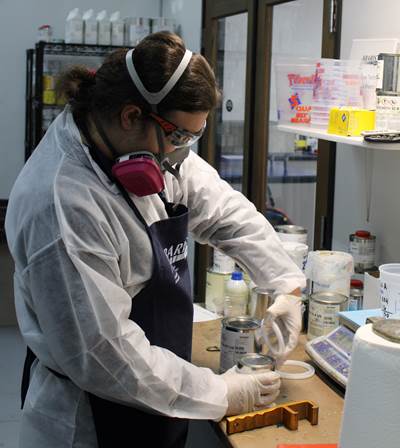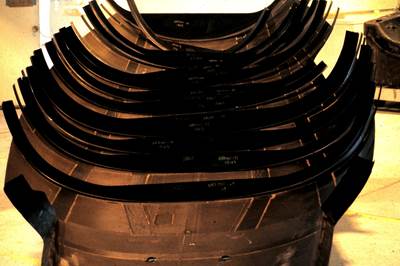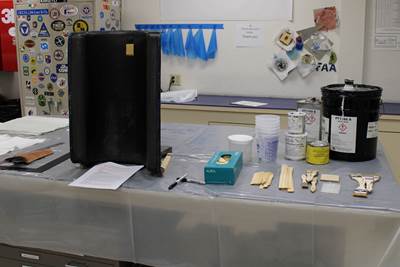Louis Dorworth Direct Services Manager
Louis Dorworth is the direct services manager at Abaris Training Resources Inc. (Reno, Nev., U.S.). Lou has been involved in the composites industry since 1978 and has experience in material and process (M&P) engineering, research and development (R&D), tooling, manufacturing engineering, teaching and
troubleshooting. Lou is a coauthor of the textbook titled “Essentials of Advanced Composite Fabrication and Damage Repair,” second edition.
Guidance for the thermoforming process
A briefing on some of the common foam core material types, forming methods and tooling requirements.
Read MoreRevisiting the double vacuum debulk process
Evolution of the double vacuum debulk (DVD) process over the years continues to advance its “near autoclave quality” for low-void, highly compacted repair patches.
Read MoreNondestructive inspection methods available to composites manufacturers
An overview of composite laminate inspection techniques ranging from manual testing methods to more advanced, noncontact options.
Read MoreAerodynamic considerations when repairing complex composite structures
An example process gives steps and issues to consider when determining the most effective repair method for preserving the aerodynamic surface of a complex-contoured composite sandwich structure.
Read MoreThe basics of composite drawing interpretation
Knowing the fundamentals for reading drawings — including master ply tables, ply definition diagrams and more — lays a foundation for proper composite design evaluation.
Read MoreUnderstanding vacuum bagging layers in production, repair
Recognizing the functions of each layer in a vacuum bag schedule can help users discover what vacuum bag schedules work best for their application.
Read MoreReal-time assessment of thermoset composites curing
The combination of material state management (MSM) software and an encapsulated sample rheometer (ESR) enables real-time cure recipe management or cure model development inside the autoclave.
Read MoreProper application of semi-permanent mold release systems
Performing regular maintenance of the layup tool for successful sealing and release is required to reduce the risk of part adherence.
Read MoreThe importance of resin mixing procedures in the composites shop
What is considered to be common knowledge when storing, handling, weighing, mixing and deploying epoxy resins and adhesives has brought to light the need for tighter control, improved practices.
Read MoreWhy does my composite mold leak under vacuum or applied pressure?
Louis Dorworth of Abaris Training Resources outlines key considerations to make when fabricating quality composite molds to minimize risk of leakage under pressure or vacuum.
Read MoreDoing the twist: A look at dimensional issues in high-temperature cured laminates
When it’s not the tooling, the root cause of dimensionally inaccurate composite parts often boils down to two things: fiber form(s) used and laminate symmetry.
Read MoreFostering best practices for wet layup procedures
As fabricators continue to manufacture composite tools and parts using an open mold, wet layup process — often with mixed success — it’s important to stress proper preparation, materials, application methods and standardization.
Read More

